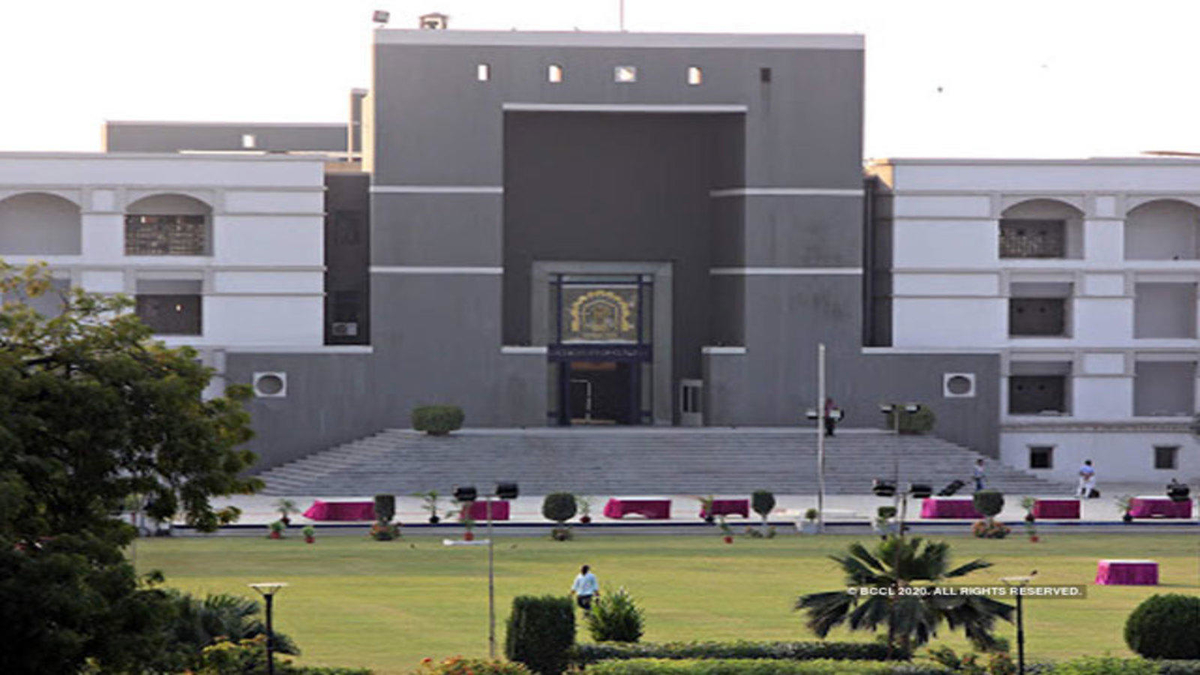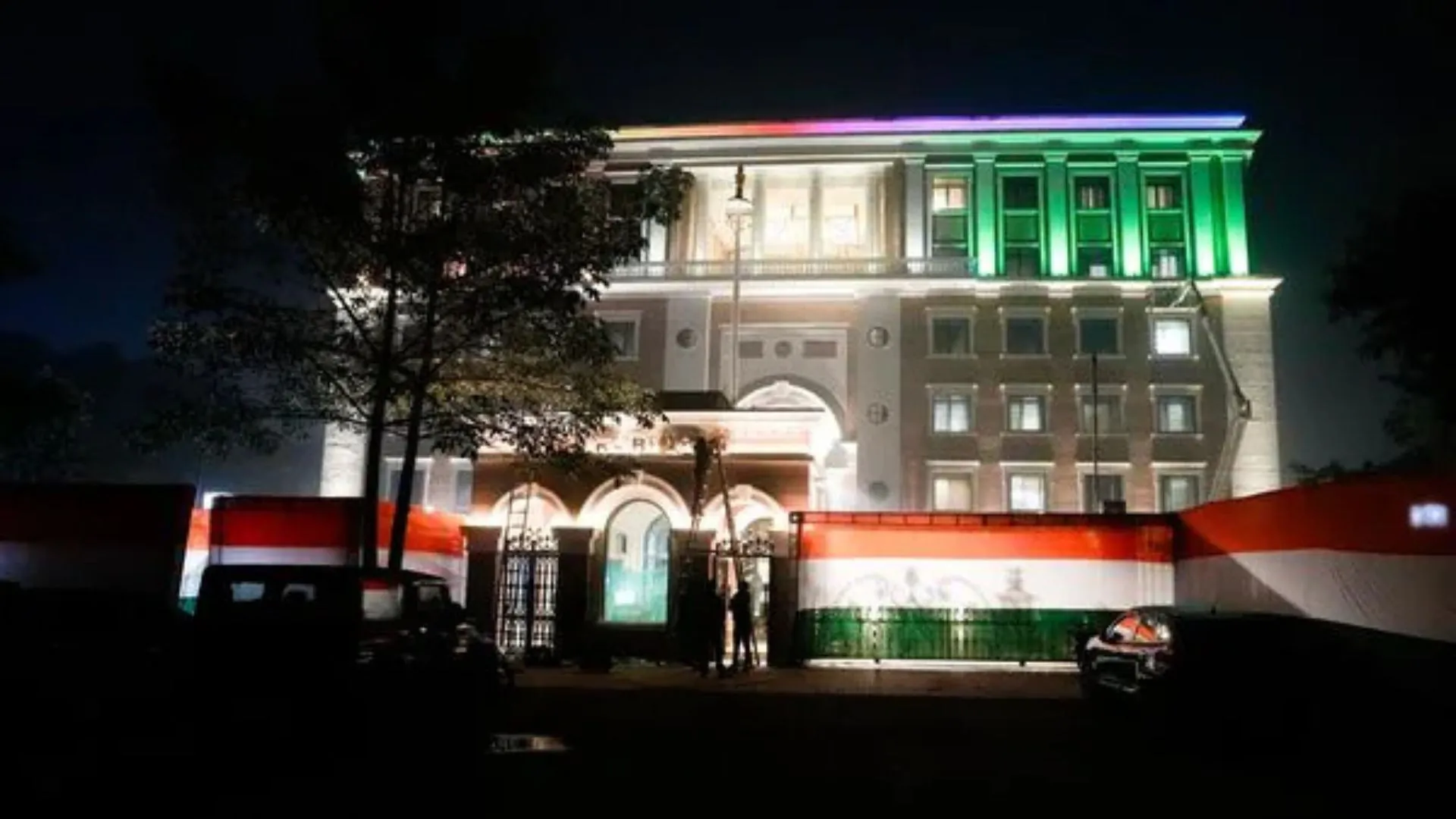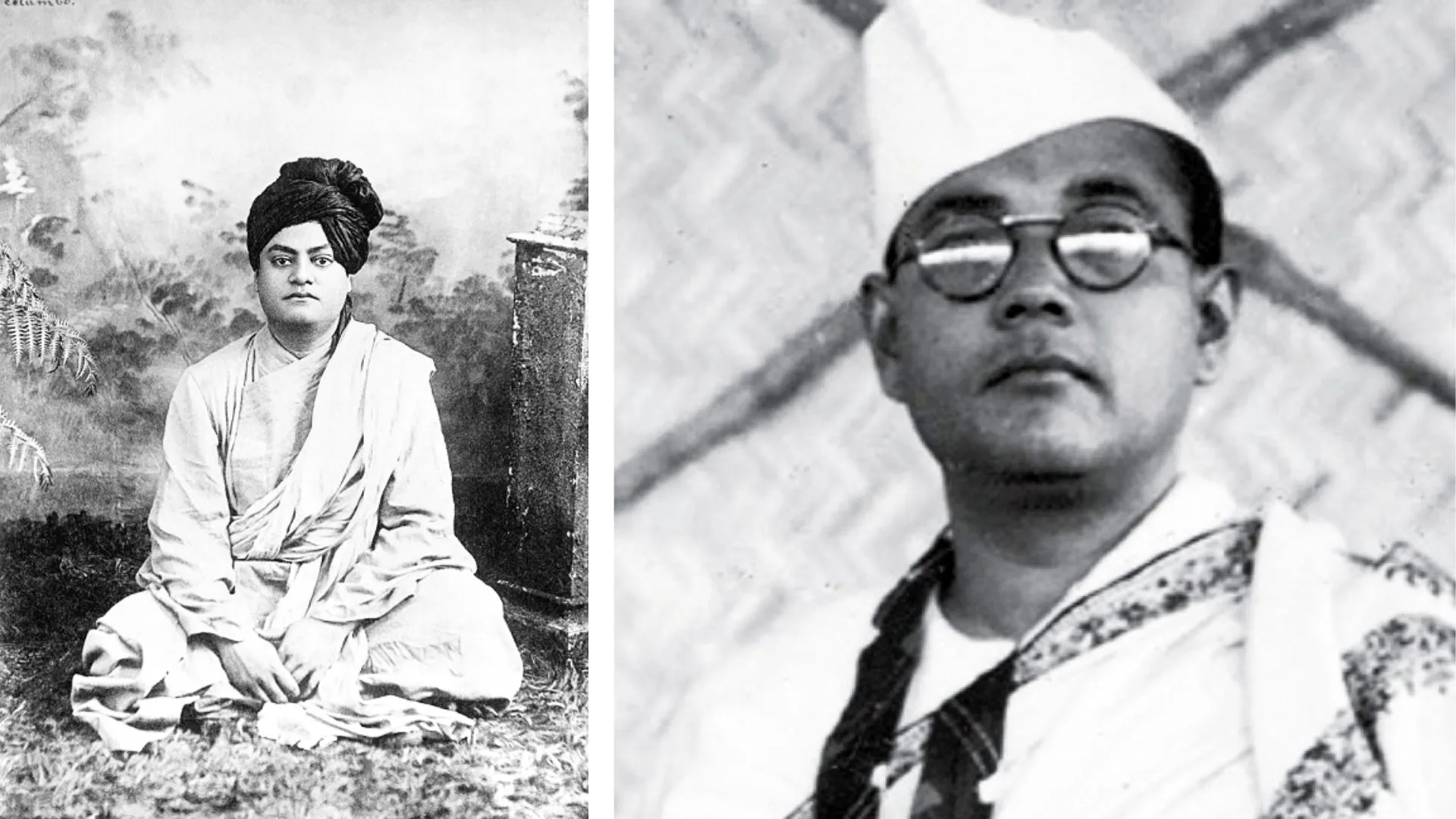I t must be mentioned right at the start that the Gujarat High Court in a learned, laudable, landmark and latest oral judgment titled Samir @ Sem s/o Abdulbhai Qureshi Versus State of Gujarat in R/ Criminal Misc. Application No. 18325 of 2022 that was pronounced just recently on October 14, 2022 has quashed and set aside the first FIR that was registered by the Gujarat Police and filed under the amended Gujarat Freedom of Religion Act known as ‘anti-love jihad’ law last year. This happened so after the husband and the wife settled the matter amicably among themselves. A consensual quashing petition was moved by the six ‘accused’ in an FIR that was lodged at Gotri police station in Vadodara in June 2021.
At the very outset, this brief, brilliant, bold and balanced judgment authored by the Single Judge Bench of Hon’ble Mr Justice Niral R Mehta of Gujarat High Court sets the ball in motion by first and foremost putting forth in para 1 that, “By way of this application under Section 482 of the Code of Criminal Procedure, 1973 (hereinafter referred to as “the Code”), the applicants have prayed for quashing and setting aside F.I.R. bearing C.R. No.11196004210480 of 2021 registered with Gotri Police Station, Vadodara city for the offences punishable under Sections 498A, 376(2) (n), 377, 312, 313, 504, 506(2), 323, 419 and 120B of the Indian Penal Code and Sections 4, 4(A), 4(2) (A), 4(2)(B) and 5 of the Gujarat Freedom of Religion (Amendment) Act, 2021 and Sections 3(1)(r)(s), 3(2) (5), 3(2)(5-a), 3(1)(w)(1)(2) of the Scheduled Castes and Scheduled Tribes (Prevention of Atrocities) Act and to quash all other consequential proceedings arising out of the aforesaid FIR qua the applicants.”
Needless to say, the Bench then points out in para 2 of this remarkable judgment that, “Heard learned advocate for the applicants and Mr. R. P. Patel, learned advocate for the respondent No.2 – complainant. Mr. R. P.”
Quite significantly, we see that the Bench then states aptly in para 3 of this refreshing judgment that, “Both the learned advocates would submit that during the pendency of present petition, the matter is amicably settled amongst the parties and therefore, any further continuation of the proceedings pursuant to the impugned FIR would create hardship to the parties and further continuation of the proceedings would amount to abuse of process of law.”
As we see, the Bench then hastens to add in para 4 of this robust judgment that, “Learned APP has opposed the application and submitted that looking to averments made in the FIR, complaint may not be quashed.”
To put things in perspective, the Bench then envisages in para 5 of this commendable judgment that, “The complainant – respondent No.2 – Divyaben w/o Sameer Abdulbhai Qureshi is personally present before the Court today and is identified by her learned advocate. Learned advocate for the complainant confirmed about the settlement having been taken place and also confirmed the affidavit filed by the complainant. The said affidavit inter alia states the fact that the matter is amicably settled between the parties.”
Most remarkably, the Bench then observes in para 6 of this learned judgment that, “Considering the fact that the applicant No.1 and the respondent No.2 are the husband and wife respectively and rest of the applicants are the relatives of the applicant No.1, however, because of the matrimonial disputes, the impugned F.I.R. came to be lodged, but, later on, with the mediation of the respective members of the family, an amicable settlement has been arrived at between the parties and they are residing together. In that view of the matter, the further continuation of the criminal proceedings would jeopardize their future, and thus, this Court is inclined to accept the settlement.”
Most significantly, the Bench then encapsulates in para 7 what constitutes the cornerstone of this notable judgment wherein it is held that, “Having heard the learned counsel for the parties and considering the facts of settlement and law laid down by the Apex Court [Gian Singh Vs. State of Punjab & Anr., reported in (2012) 10 SCC 303, Madan Mohan Abbot Vs. State of Punjab, reported in (2008) 4 SCC 582, Nikhil Merchant Vs. Central Bureau of Investigation & Anr., reported in 2009 (1) GLH 31, Manoj Sharma Vs. State & Ors., reported in 2009 (1) GLH 190 and Narinder Singh & Ors. Vs. State of Punjab & Anr. reported in 2014 (2) Crime 67 (SC)], this Court is of the considered view that further continuation of the criminal proceedings in relation to the impugned FIR would nothing but unnecessary harassment to the parties and trial thereon would be futile and further continuation of the proceedings would amount to abuse of process of law. Thus, to secure the ends of justice, the impugned FIR is required to be quashed and set aside in exercise of powers conferred under Section 482 of the Code.”
Finally, the Bench then concludes by holding in para 8 of this notable judgment most forthrightly that, “Resultantly, this application is allowed and the impugned F.I.R. bearing C.R. No.11196004210480 of 2021 registered with Gotri Police Station, Vadodara city filed against present applicants is hereby quashed and set aside and all other proceedings arising out of the aforesaid FIR are also quashed and set aside. Direct service permitted.”
All told, we thus see that the Gujarat High Court has very rightly quashed the State’s first FIR that was filed under the anti-conversion law. This was possible as the husband and wife had agreed to bury their differences and had amicably settled their matters among themselves. Very rightly so!























